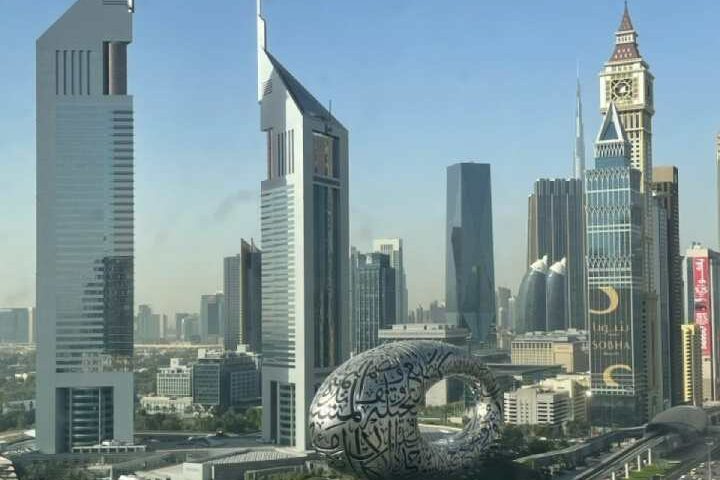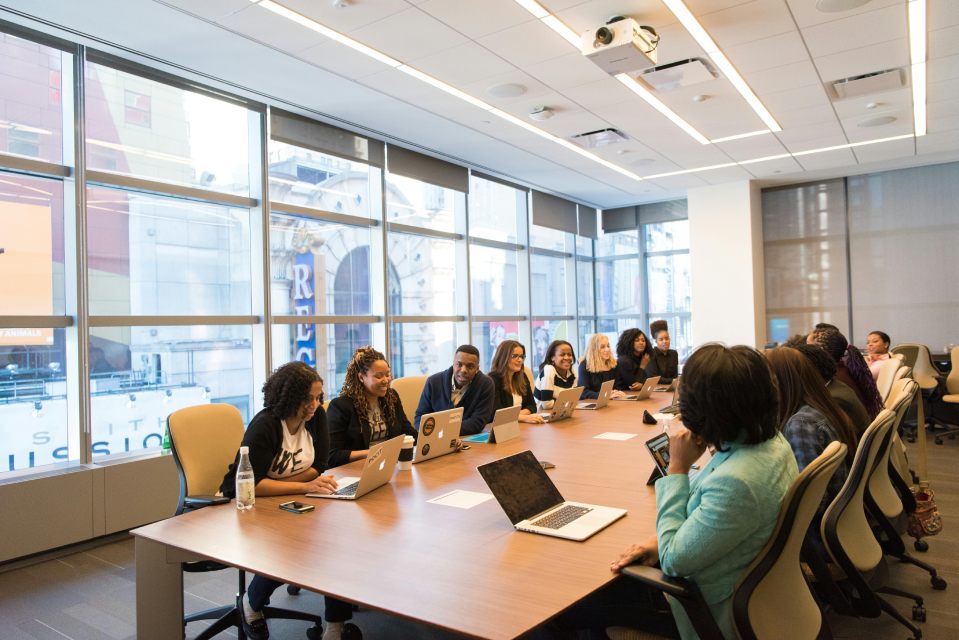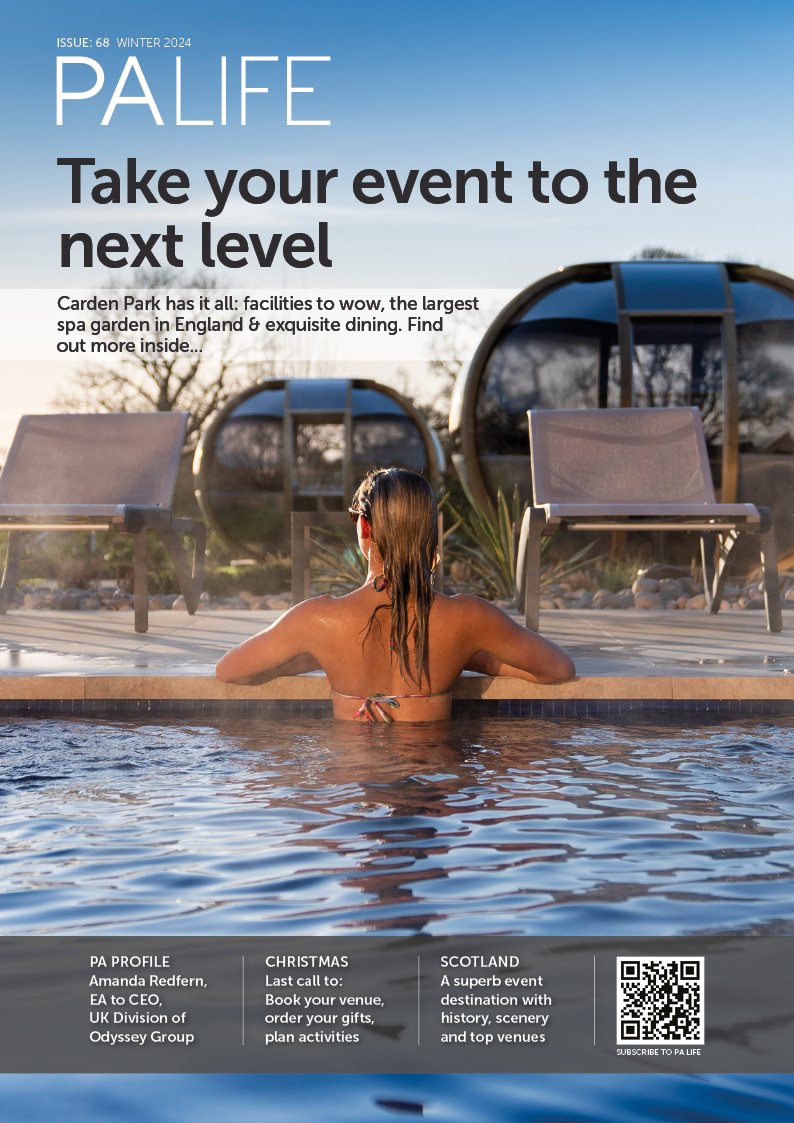In the world of business, effective communication and cultural understanding are essential ingredients for success. The culture in the Middle East, and business etiquette too, are different from the West and it’s important to learn how best to work with the partners from this region, advises Didi Basry, an expert in Middle Eastern business culture…
The Gulf region of the Middle East
The Middle East includes countries such as Lebanon, Egypt and Iraq, as well as the Gulf region. Didi will look at the Gulf region here, namely Saudi Arabia, Qatar, the United Arab Emirates, Bahrain, Kuwait and Oman. These countries are similar in many ways, but they also have their unique cultural heritage and customs, including societal conventions and business protocols. It’s important to know the appropriate titles and forms of address, and how to differentiate between ruling families. To excel in business in the Gulf you will need to adhere to their norms. This way you can work well with clients and business partners, build trust, and be respected in return, no matter what your job title is. Practical tips to make your life easier when working with Gulf clients and colleagues
Know the key calendar dates in Middle Eastern
Weekends are different to the West, especially Fridays, which serve as a religious and significant day off in several Gulf countries (excluding the UAE). Holidays don’t all conform to the Gregorian Calendar and several celebrations are being announced according to the Hijri, or the Islamic calendar. Additionally, some dates differ year on year such as Ramadan and Eid. Make sure you know when they take place.
Build trust and genuine relationships
Trust is the currency of business in the Gulf, and it is nurtured through genuine connections and understanding. When you take time to understand the country, their vision, and its people you show that your interest extends beyond business.
Communication
Email is not always the chosen form of communication with Gulf clients, and it is advisable to adapt to their preferences. Usually, written communication on Messaging Apps is preferred, as are voice notes. Nothing however is stronger than in-person interactions. So, if you can make time for a trip to the region, this will strengthen relationships hugely.
Embrace social media
Social media is a very valuable tool for communication. Internet penetration sits close to 100% in all Gulf countries, with over 90% using it daily. Whilst preferences vary, LinkedIn really stands out. Several giga projects, companies and many C-level executives use it daily to share updates about their projects and news from the region. Use it to share greetings for important holidays such as Ramadan and Eid, you’ll stand out amongst your competitors.
Stay informed and engaged
Keep abreast of new developments and events in the Gulf, particularly related to your clients’ industries and business interests. This demonstrates your commitment to the partnership and facilitates meaningful conversations.
Be open minded and adaptable
Keep an open mind and a willingness to adapt to different cultural contexts. Meetings can change at short notice and contracts may need more time or move faster than anticipated.
Connect with Didi in LinkedIn
Didi’s article was first published in PA Life’s Summer Issue 2024










